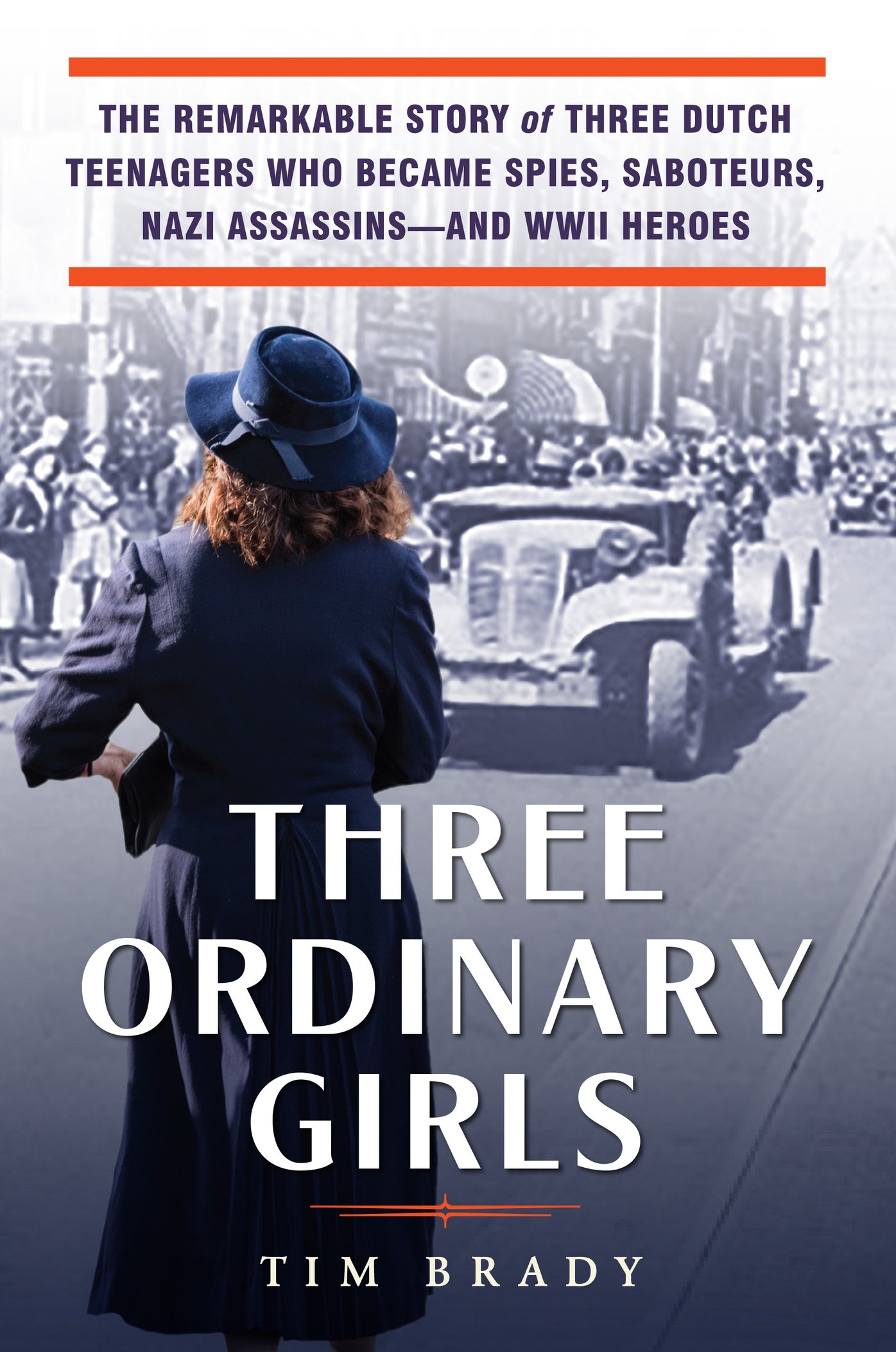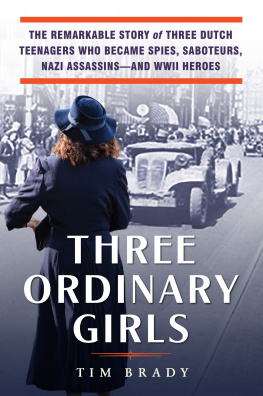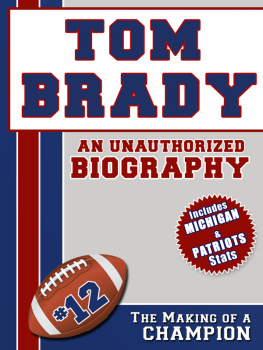Chapter 1
Y EARS AFTER THE G REAT D EPRESSION , Truus Oversteegen recalled the miseries and struggles of those times as if they were still happening outside her window in Haarlem. She remembered standing in long lines with her mother and neighbors, waiting for the government dole to be parsed out. There were more lines outside the factory gates at Hoogovens, the blast furnace manufacturers, where laborers waited to find out who might or might not be given work within the plant on any given day.
Her parents knew precisely who was to blame for the worldwide woes: it was the capitalists, as they had informed her time and again. The owners of the factories who profited off the sweat of labor.
Truus remembered taking her fathers hand, as a five-year-old, as they marched in demonstrations and protests. She remembered the drums pounding, the red flags fluttering in the breeze. She remembered what it felt like to be surrounded by a sea of grown-up legs and chanting voices.
On one indelible occasion she and her father, Jacob Oversteegen, marched with a wave of protesters through Haarlem, until they crashed into a second wave of counter-protesters. These newcomers to the throng were angry men, shouting at the group in which she and her father were encircled. String up the socialists! they called out. Hang them from the street lamps!
Then the mounted police arrived, and suddenly Truus was lifted out of the crowd and onto the back of a horse, between a police officer and the saddle horn. As the police officer carried her away, her father disappeared from view, swallowed by the circling fury of protesters and counter-protesters. Disappearing was a thing he did quite often during those days when the family was living on a houseboat in the canal, as many families did in Holland.
At the police station, she was given a bowl of porridge, which she was too upset to eat. Finally her mother, Trijntje van der Molen, arrived, and Truus began to feel a bit better. As she and her mother walked home, she looked up at the streetlights, the angry voices from the demonstrationHang them from the street lamps!still ringing in her head. She asked her mother if they were socialists. Trijntje replied, Yes, we are socialists, and Truus could hear the fierce pride in her mothers voice.
Truus Oversteegen was born in 1923. Her younger sister, Freddy Nanda, or Freddie, as she was called by everyone, arrived two years later. The girls were thick as thieves growing up, even after their father left the houseboat. In truth he had never provided much to the family in terms of stability anyway. He was a drinker and a womanizer who contributed little to the familys financial needs, and in fact was likely more of a drain.
The breakup of their parents marriage and subsequent divorce was not something either of the girls remembered as traumatic. In fact, when her father left, Freddie remembered him singing a French farewell song to the family from the bow of the canal boat. The girls would continue to see their father around Haarlem for years to come.
Trijntje took the girls to live in a flat, where they shared a bedroom furnished with straw mattresses that Trijntje made herself. It was an impoverished existence, but they were a loving family and this pulled them through. They loved, in particular, to make music together. They had a whole string section in the familyTrijntje played the mandolin, Truus played the guitar, Freddie played both the ukulele and the zither, and they sang to their own accompaniment.
The Oversteegen family was a large one, with a tradition of being active in leftist circles in Haarlem. One uncle, George Oversteegen, an anarchist, had even earned a seat on the Haarlem City Council in the late 1920s. Trijntje was also raised with leftist values, and the economic uncertainties of the Great Depression sharpened her critique of the miseries that capitalism visited on the working class. For Trijntje, Truus, and Freddie, their political, social, and cultural lives revolved around the family association with leftist causes. The girls were members of the AJC (Arbeiders Jeugd Central) a socialist youth movement that emphasized education, physical conditioning, folk dance, music, and camping, all pursued in the context of a working-class atmosphere and socialist structure.
When the girls were still young, Trijntje gave birth to a brother named Robbie,
They also wanted to make sure Trijntje wasnt entertaining any men in her home. There was none of that, but what she was doing was holding leftist meetings in the apartment, which included men. When the fact that she was hosting gatherings was discovered, it was enough to get the family cut off from the dole. Afterward, they were forced to go to friends and neighbors begging for soup.
In desperation, Trijntje went down to the welfare office with the girls in tow to demand that the officials rescind their decision and give her and the family back their food stamps and stipend for rent. She yelled, she remonstrated, she refused to leave. Finally, the police were called. When an officer grabbed Trijntje to force her out of the office, Truus jumped in and bit him at the same time as Freddie kicked him in the shins. These little girls were not wallflowers!
Unfortunately, when they left the government office, they still had no food stamps and no stipend for rent. For the next six weeks they ate brown beans.
When she was fourteen, Truus began working as a domestic for wealthy families in the Haarlem area. It was not work that suited her; her sense of independence usually overtook her willingness to follow orders. Later she would recall children who were often little tyrants and lord[s] of the manor [who] wanted to pinch my buttocks.
She took a position with one family who had a villa in the well-to-do Haarlem suburb of Bloemendaal, the bastion of the rich in Holland, Truus called it. Bloemendaal was near the sandy dunes of South Kennemerland, which was the area that ran along the coast of northwestern Netherlands. Truus was to be a live-in servant, but things didnt work out as planned. She spent her very first night there homesick in an attic room thinking of Freddie and Robbie at home. Trijntje had packed peppermints and peanut brittle to ease the transition, but they only made Truus feel more homesick.











